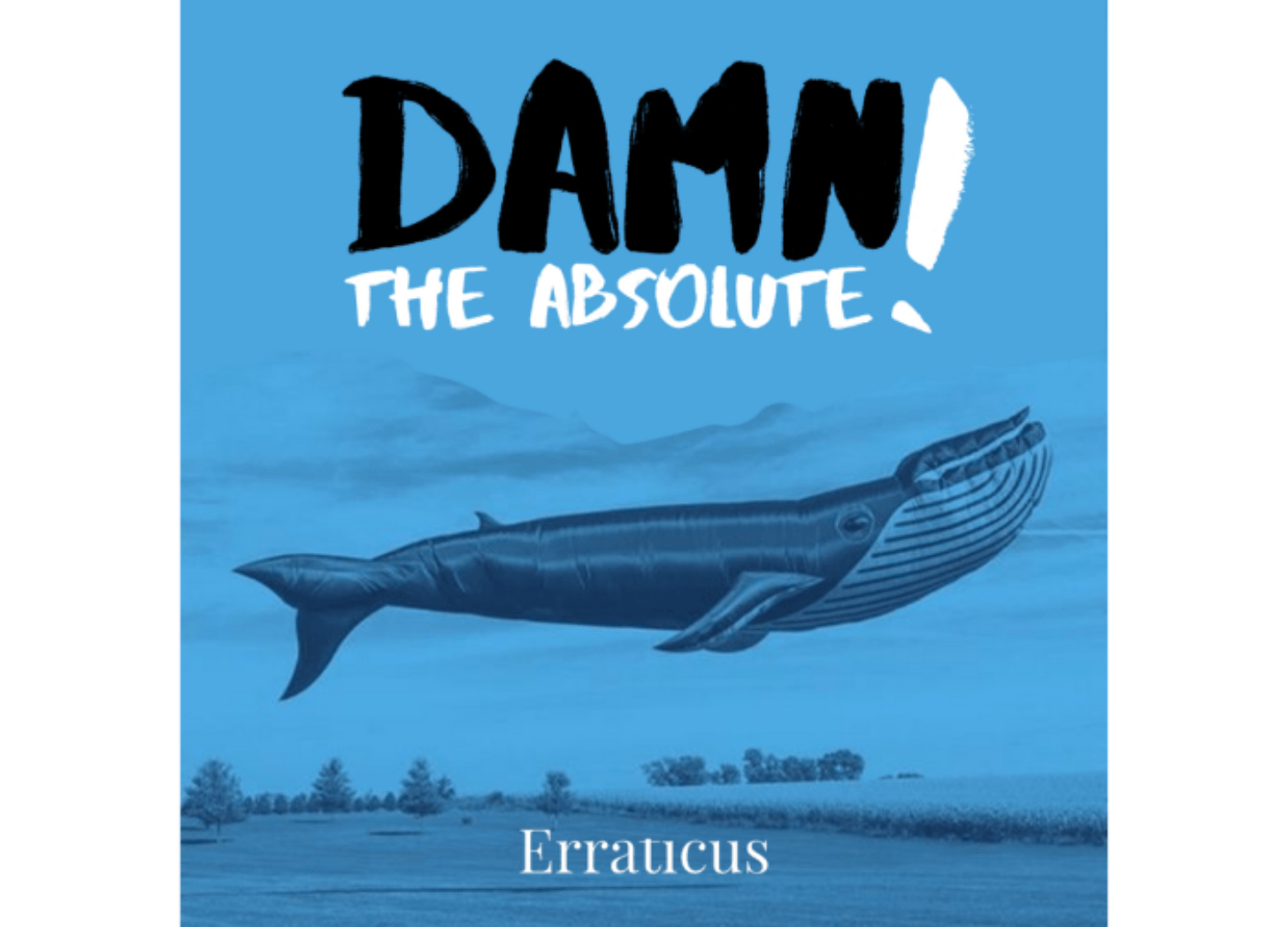- Culture
- SEE MORE
- classical
- general
- talk
- News
- Family
- Bürgerfunk
- pop
- Islam
- soul
- jazz
- Comedy
- humor
- wissenschaft
- opera
- baroque
- gesellschaft
- theater
- Local
- alternative
- electro
- rock
- rap
- lifestyle
- Music
- como
- RNE
- ballads
- greek
- Buddhism
- deportes
- christian
- Technology
- piano
- djs
- Dance
- dutch
- flamenco
- social
- hope
- christian rock
- academia
- afrique
- Business
- musique
- ελληνική-μουσική
- religion
- World radio
- Zarzuela
- travel
- World
- NFL
- media
- Art
- public
- Sports
- Gospel
- st.
- baptist
- Leisure
- Kids & Family
- musical
- club
- Health & Fitness
- True Crime
- Fiction
- children
- Society & Culture
- TV & Film
- gold
- kunst
- música
- gay
- Natural
- a
- francais
- bach
- economics
- kultur
- evangelical
- tech
- Opinion
- Government
- gaming
- College
- technik
- History
- Jesus
- Health
- movies
- radio
- services
- Church
- podcast
- Education
- international
- Transportation
- Other
- kids
- podcasts
- philadelphia
- Noticias
- love
- sport
- Salud
- film
- and
- 4chan
- Disco
- Stories
- fashion
- Arts
- interviews
- hardstyle
- entertainment
- humour
- medieval
- literature
- alma
- Cultura
- video
- TV
- Science
- en
S1E09 Trust in a Polarized Age w/ Kevin Vallier

b'
Trust plays a central role in democratic societies. If we can\\u2019t rely upon fellow community members to act in accordance with generally accepted norms, then we\\u2019re going to be in a really bad way. Social trust in the US has fallen dramatically. In the early 1970s, around half of Americans said that most people can be trusted. Today, less than a third of Americans feel that way.
Similarly, political trust\\u2014our faith in political institutions and processes to function properly\\u2014has declined as well. In the 1960s, more than 70 percent of Americans said that they trusted the federal government always or most of the time. Today, that figure hovers around 17 percent.
In an idealized liberal democracy, a healthy dose of skepticism toward politicians and government officials is vital for assuring fruitful outcomes. However, we must be careful so that that accountability mechanism doesn\\u2019t turn into a cynicism that corrodes democratic norms. Rampant distrust prevents us from solving problems with our neighbors and broader communities. Alternatively, trust helps to grease the wheels of democracy. This enables us to better overcome inherited differences and to arrive at more pluralistic perspectives on the problems we face.
Instead, we find ourselves in an increasingly polarized age, where we seem less and less to share common realities or notions of truth. Distrust breeds polarization, and polarization begets more distrust. When we no longer hold the same media or news sources in common or we maintain a thoroughgoing distrust of media institutions, what will prevent us from further polarization?
Jeffrey Howard speaks with Kevin Vallier, a political philosopher and associate professor of philosophy at Bowling Green State University, where he directs their program in Philosophy, Politics, Economics, and Law. In his new book Trust in a Polarized Age (2020), Vallier advocates for public reason liberalism as a way of revitalizing social and political trust. He draws on empirical trust literature to argue a way forward for reducing polarization. He proposes that we reinvest in liberal democratic political and economic institutions: high-quality governance, procedural fairness, markets, social welfare programs, and freedom of association. Vallier believes that if we can educate ourselves on how elections and political parties take advantage of mistrust and polarization, we can protect American democracy against new authoritarian threats.\\xa0
This raises some questions. What relationship is there between the scope of government and the degree of political trust in the broader society? Rather than view our political opponents as essentially evil, what might happen instead if we primarily acted as if they were misguided or ill-informed? How much more trust would be fostered if we focused locally rather than turning our eyes toward Washington DC or to the headquarters of multinational firms? What can we do to restore trust in the media? And what hope do we have of breaking the distrust-divergence feedback loop?
Show Notes
Trust in a Polarized Age by Kevin Vallier (2020)
\\u201cTrust in a Age of Reactionaries and Revolutionaries\\u201d by Matthew Downhour (2021)
\\u201cWe\\u2019re Overdoing Democracy. But Why?\\u201d by Kevin Vallier (2019)
\\u201cSuspending Politics to Save Democracy\\u201d by Lawrence Torcello (2020)
The Spirit of the Disciplines by Dallas Willard (1996)
The Divine Conspiracy by Dallas Willard (1998)
Free to Choose: A Personal Statement by Milton Friedman and Rose Friedman (1990)
Capitalism and Freedom by Milton Friedman (2002)
The Theory of Moral Sentiments by Adam Smith (1759)
The Wealth of Nations by Adam Smith (1776)
A Theory of Justice by John Rawls (1971)
Political Liberalism by John Rawls (1993)
The Constitution of Liberty by F.A. Hayek (1960)
Law, Legislation, and Liberty, Vol I.: Rules and Order by F. A. Hayek (1973)
The Order of Public Reason by Gerald Gaus (2010)
S1E01 Richard Rorty and Achieving Our Country w/ Adrian Rutt (2020)
S1E02 Toward a Politics of Uncertainty w/ Daniel Wortel-London (2020)
This is a public episode. If you would like to discuss this with other subscribers or get access to bonus episodes, visit damntheabsolute.substack.com'